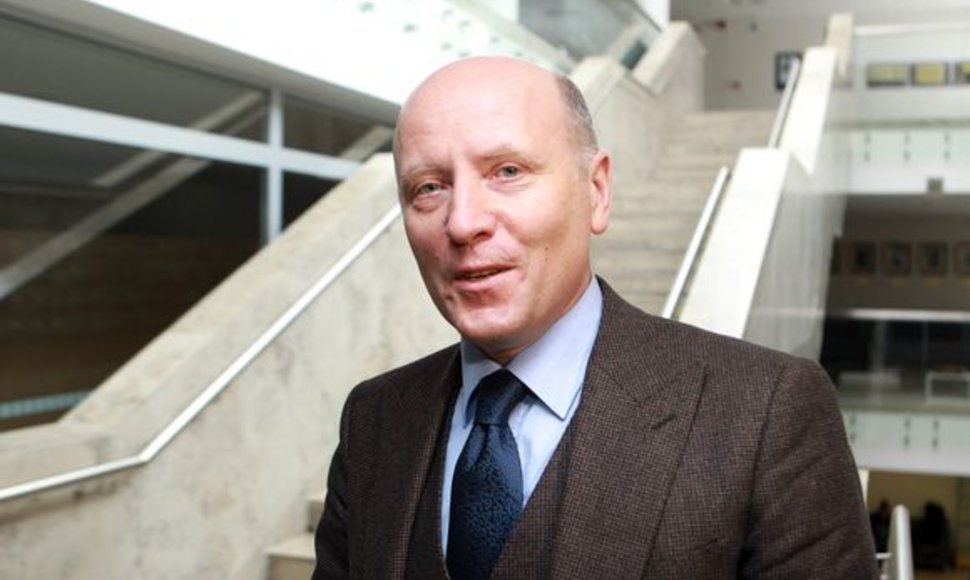The president communicated her decision to journalists herself, saying the government should decide for itself whether it wants to continue working.
"I will not take part in pre-election disputes among coalition partners," she said.
Grybauskaitė expressed a belief that the ruling coalition and the government should stay in power until the end of the term.
"In my opinion, the coalition and the government is capable of working until the end of this term and should do so. Merely seven months are left. It is up to them to answer whether they want to work together. If they are incapable of this, they should solve the dispute by political means at the parliament. Considering the circumstances in this dispute among the coalition partners, I do not support any of them," she stated.
At the same time, the president said she was behind the ruling parties on all strategic matters.
"The coalition and the government continue to have my support on strategic matters. We have decisions that are important to the entire country ahead of us, therefore, I urge politicians – everyone of them and, particularly, the ruling majority – to finish the tasks that have been started and that are vital for the state and the people of Lithuania," she added.
After a meeting with Grybauskaitė earlier on Monday, Palaitis and Algis Čaplikas, leader of the ruling Liberal and Center Union that delegated the minister to the government, declared the party's determination to stay in the ruling coalition.
Last Tuesday, Prime Minister Andrius Kubilius submitted a proposal to the president to sack the interior minister, saying he had made a mistake by firing two top officers of the Financial Crimes Investigation Service.
Palaitis dismissed the two top leaders of the Financial Crime Investigation Service, Vitalijus Gailius and Vytautas Giržadas, on 15 February, after a recommendation from the State Security Department. The department was investigating possible leak of information about Snoras bank shortly before its nationalization.
The parliamentary Anti-Corruption Commission also carried an investigation into the move and ruled that the minister could have had personal or party reasons to have Gailius and Giržadas out of the service. Palaitis has denied the suspicions.
In Lithuania, ministers are appointed and dismissed by the president upon proposal from the prime minister.
Unhelpful
Lithuania's Prime Minister Andrius Kubilius says that the president's decision to leave embattled Interior Minister Raimundas Palaitis in his post will not help the government's work.
"The decision will not help the work of the coalition and the government but we feel responsible before the voters, in the first place," Kubilius told journalists on Monday.
Asked to comment Parliamentary Speaker Irena Degutienė's move to call for early general election, the prime minister said: "The Seimas may decide this."
"The president said in her statement that she saw my proposal to dismiss Minister Palaitis from office as merely a certain dispute within the coalition in the light of the upcoming general election. I must say I disagree with this attitude. I and the president must have different views on the matter. There have been other cases of our work together over the past three years when we had different positions on certain issues," he added.
The prime minister said that his bid to sack Palaitis was not aimed at satisfying "any party ambitions." Kubilius said he had assessed the minister's mistake, which "violated the society's feeling of justice," and proposed that the coalition partners who delegated Palaitis and the minister himself should think about it.
Kubilius restated his plans to seek restoration of justice with regard to what he said were ungrounded dismissal of two top officers of the Financial Crimes Investigation Service, director Vitalijus Gailius and his deputy Vytautas Giržadas.












